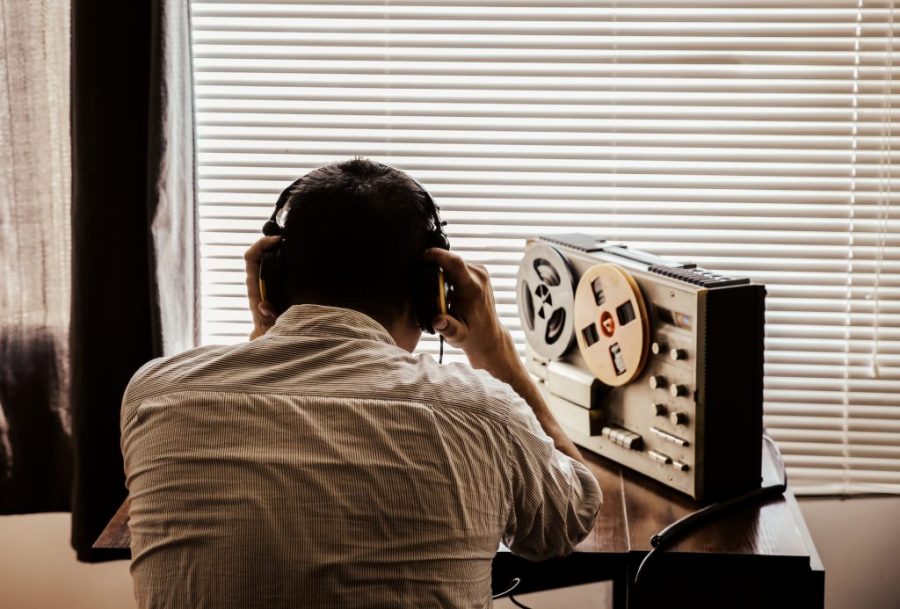Directly-elected lawmaker-cum-unionist Ella Lei Cheng I, who chairs the Legislative Assembly’s 1st Standing Committee, which is currently reviewing the government-initiated bill regulating the tapping of telephones during police investigations into criminal cases, yesterday pointed out that according to the bill, in “urgent” circumstances the police can order telecom operators to provide phone logs related to criminal suspects without obtaining the permission of a judge first, and in which case the police must inform the respective judge within 72 hours.
The phone-tapping bill is being reviewed by the committee after its outline was passed during a plenary session in December. The committee held another closed-door meeting to review the bill yesterday, which lasted for two hours, and was attended by Secretary for Security Wong Sio Chak and other officials.
The bill proposes that telecom operators will be required to keep their clients’ phone logs and other communication records for one year, during which they must ensure that the data remains intact.
The bill proposes that after concluding that on obtaining phone logs or other communication records involving certain individuals that would be conducive to criminal investigations, a judge can order telecom operators to provide the logs.
However, the bill also proposes that the police can order telecom operators to provide phone logs or other communication records without permission from a judge first, if they believe that the delay in obtaining the respective phone logs or other communications records would cause major adverse threats to the “legal interests” of the concerned potential victims of a criminal case. In that case, according to the bill, the police must inform the respective judge within 72 hours after obtaining the phone logs.
Lei said that the police will only be allowed to resort to tapping telephones for investigations into 12 types of suspected crimes. However, the police can order telecom operators to provide phone logs for investigations into all types of criminal cases.
According to Lei, phone logs and other communication records provided by telecom operators refer to the respective communication activities’ service type, date, time and duration, meaning that they are not concerned with the “content” of the communications. Communication interception and the provision of communication records are “two different” things, Lei said.
According to Lei, it is necessary for the police to be allowed to order telecom operators to provide phone logs first without a judge’s permission as police investigations into certain serious criminal activities are of an “urgent” nature, such as kidnappings and murder, which the officials said normally require the police officers’ swift operation in collecting the necessary evidence.
According to Lei, the police will only be allowed to intercept the “content” of communications for 12 types of crimes after obtaining formal approval from a judge first, The Macau Post Daily reported.






